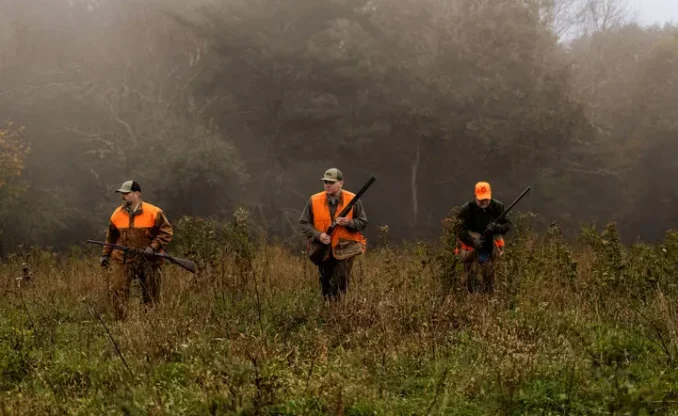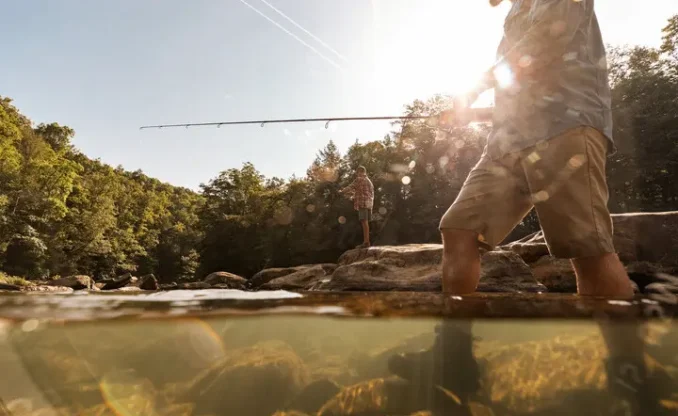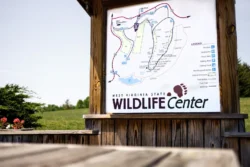For Release: Oct. 8, 2021
Contact: Andy Malinoski
DAVIS, W.VA. — The West Virginia Division of Natural Resources has added Bald Knob and the Canaan Valley wetlands to a new program that protects areas with rare plant and animal species in need of conservation.
The two locations are the first to be added to the West Virginia Natural Areas Program, which places an extra level of protection on areas with significant conservation needs under the administration of the WVDNR.
“These two areas have the state’s highest concentration of federally listed species and species of greatest conservation need and this designation is going to give us the awareness and resources we need to make sure they are properly managed,” said Scott Warner, assistant chief of wildlife diversity for the WVDNR.
The two areas consist of more than 2,200 acres of rare conifer swamps and red spruce forest with more than 40 rare plants, 12 rare invertebrates and a variety of animals unique to the area. More than 200 acres at Bald Knob will now be protected under the program, as well as 2,000 acres in the Canaan Valley wetlands. Both areas are located within Canaan Valley Resort State Park boundaries.
“We’ve found that there are several areas in state parks like this that are critical to preserving many plant and animal species only found in West Virginia,” Warner said.
With the new designation comes additional resources and assistance to improve area management, mitigate potential impacts to the environment, promote the areas for public awareness and education and encourage scientific study.
“What this designation doesn’t do is impact hunting or recreational opportunities,” Warner said. “In fact, it’s going to greatly enhance the experience for people who visit the area.”
Warner said the WVDNR has plans for similar designations in state parks and at wildlife management areas around the state where at-risk species are present.
“We want to work closely with superintendents and wildlife management area managers so they have the resources they need to make sound management decisions,” Warner said.
To learn more about the WVDNR’s conservation programs, visit WVdnr.gov/conservation-education.




